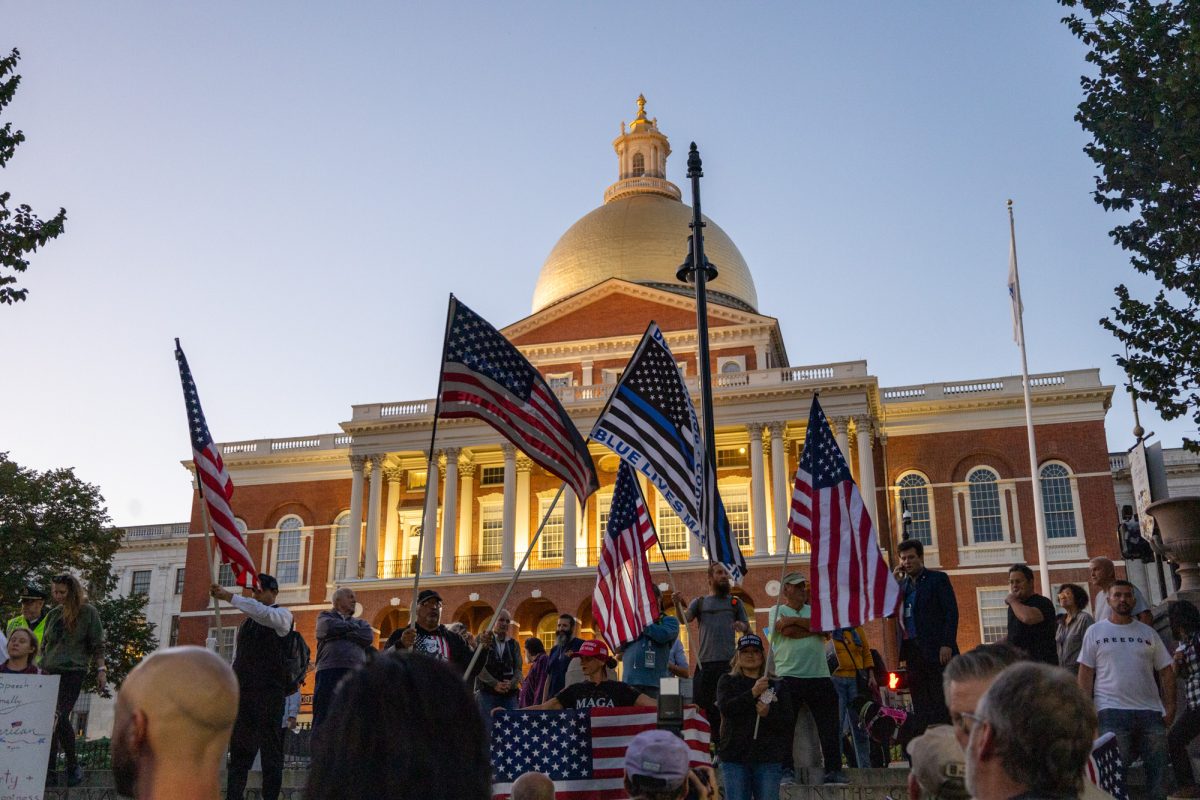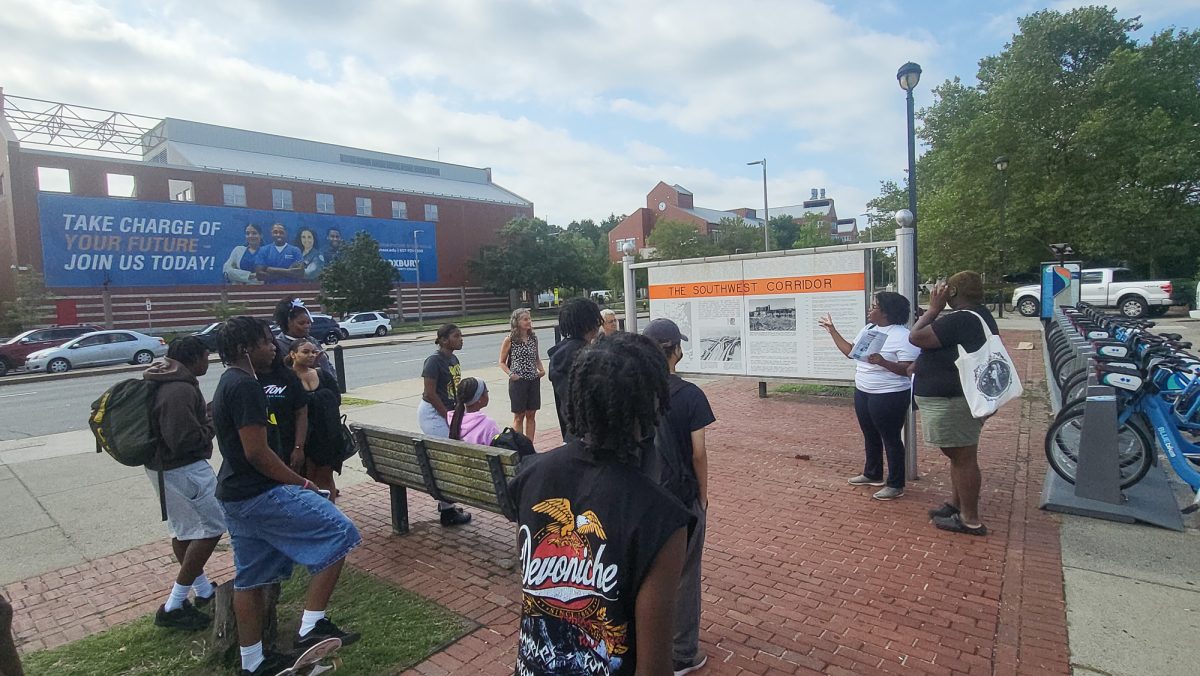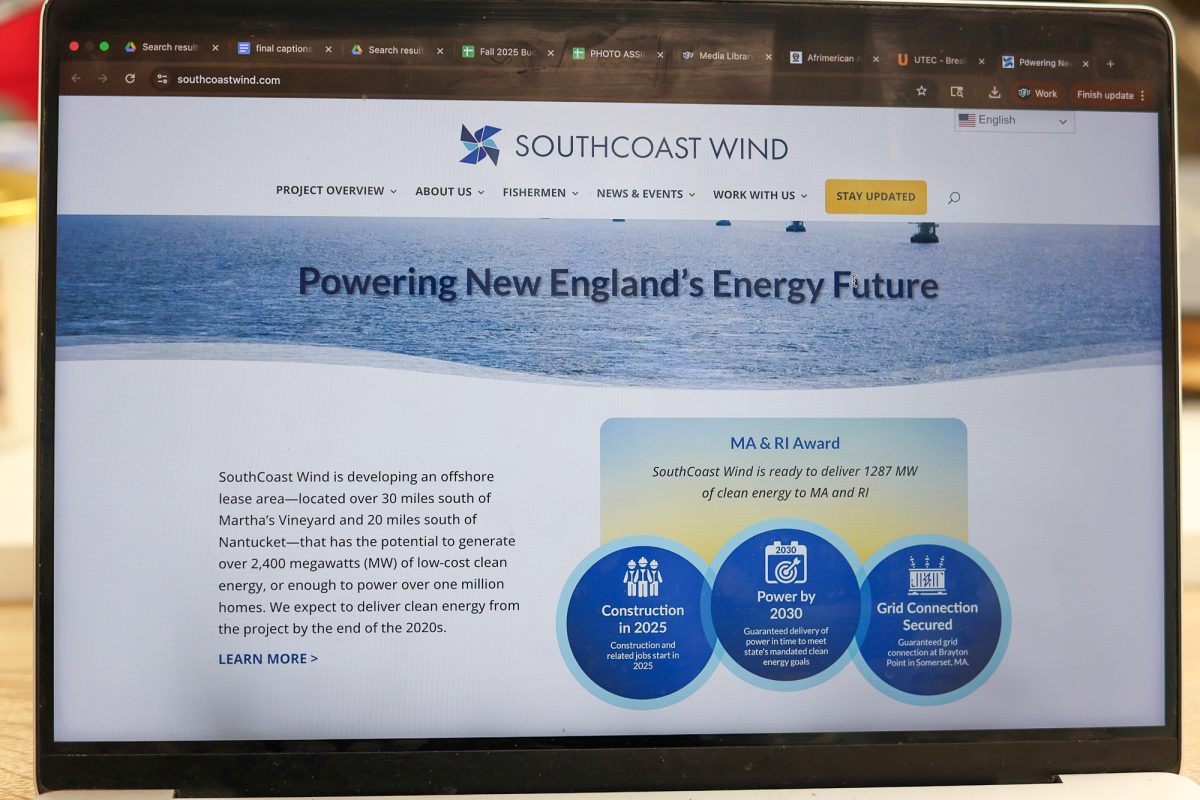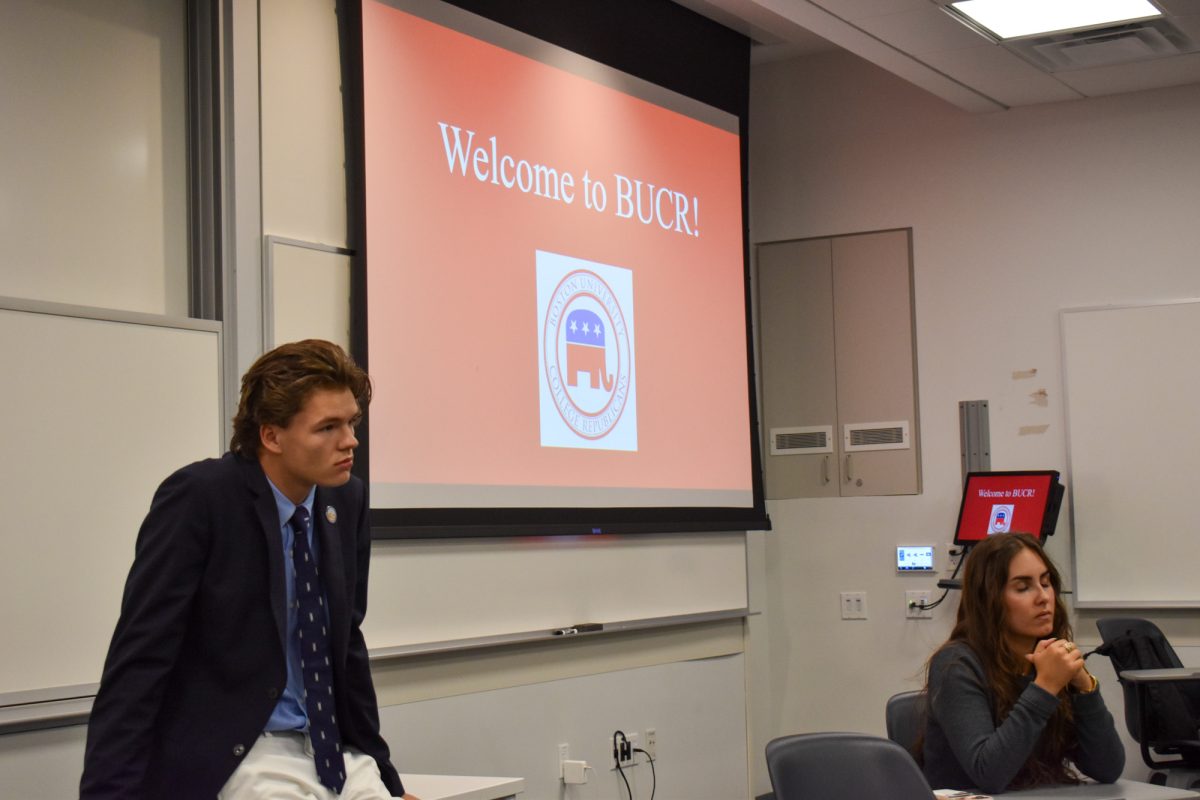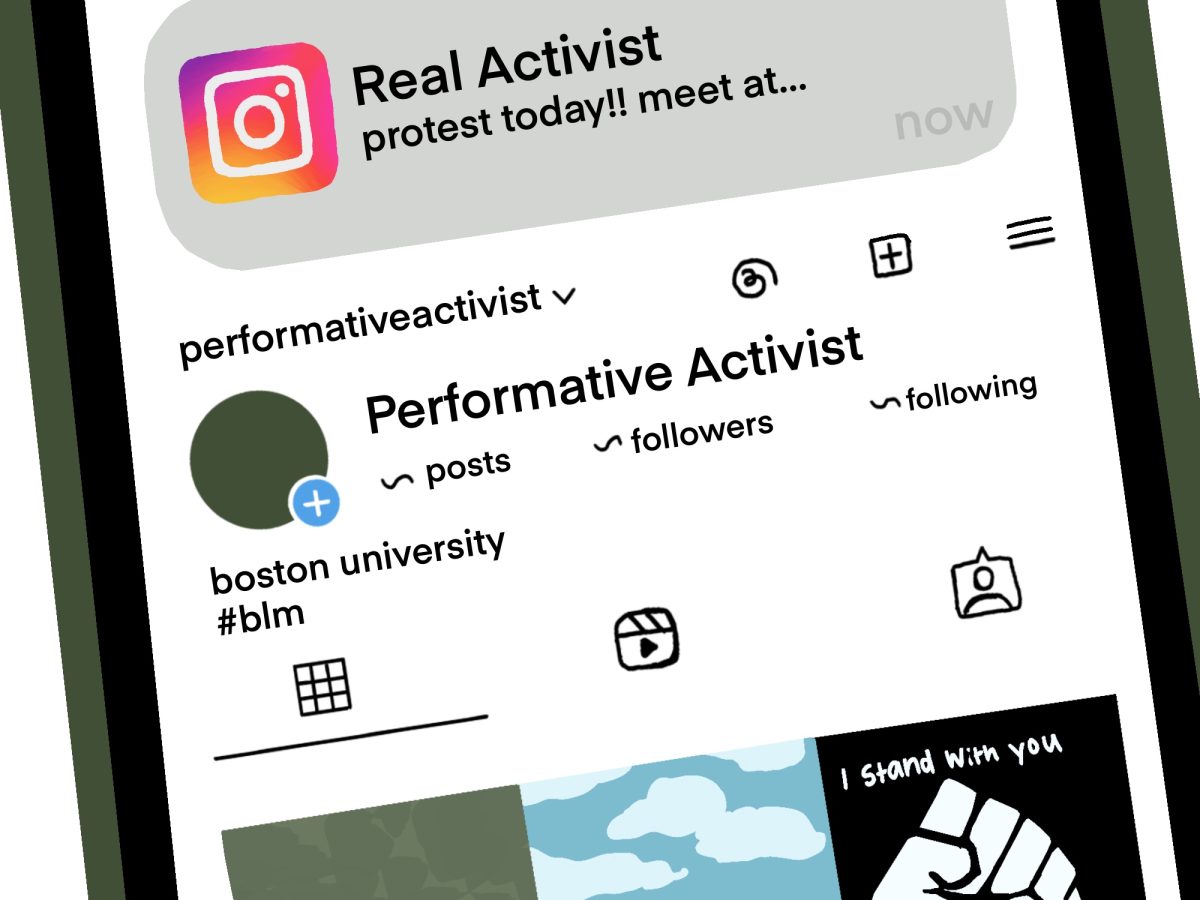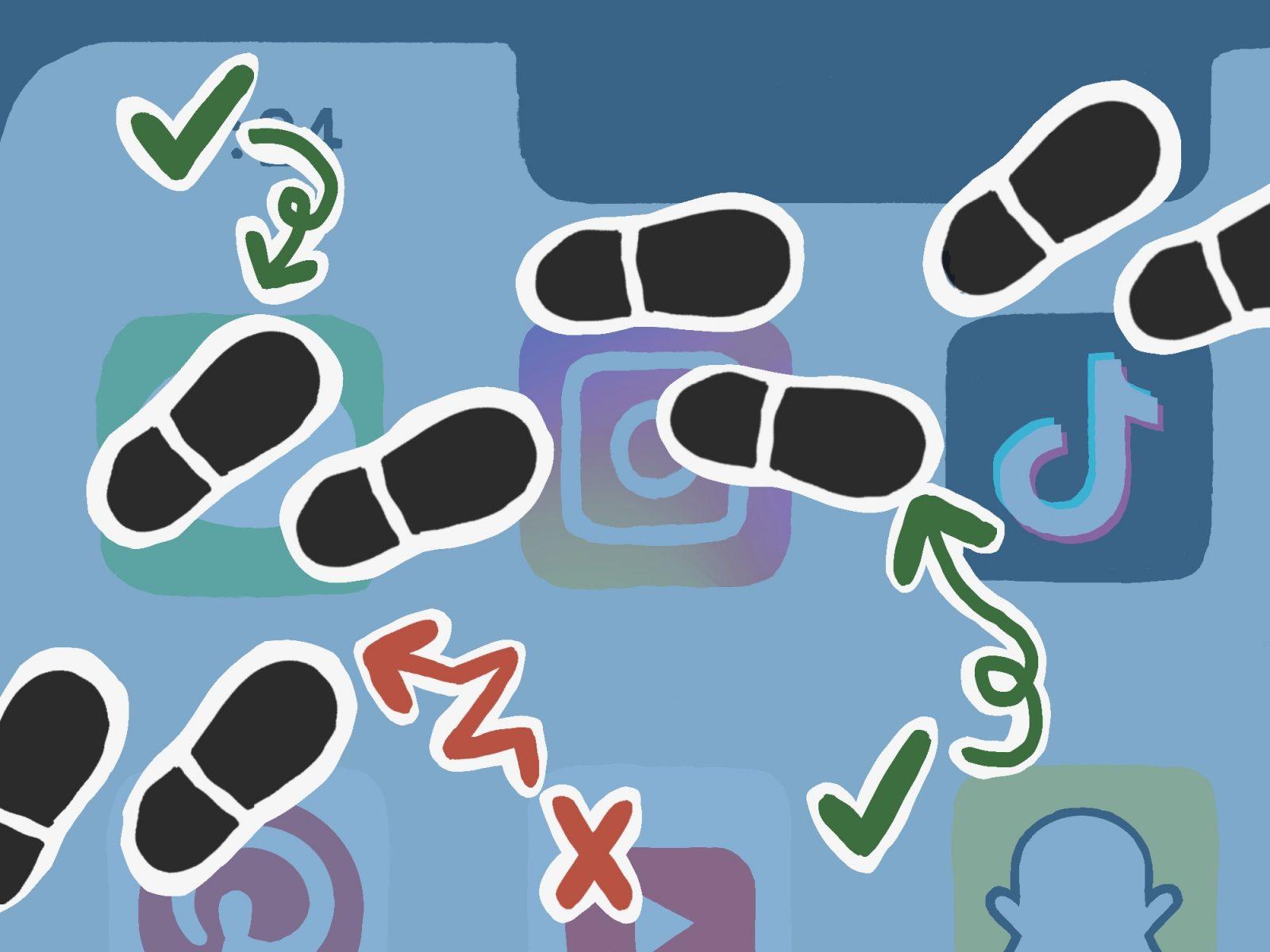I’m embarrassed to say there have been times in the recent past where I’ve seen a video on TikTok and thought to myself: “Is this real, or is this AI?”
I truly could not discern the difference.
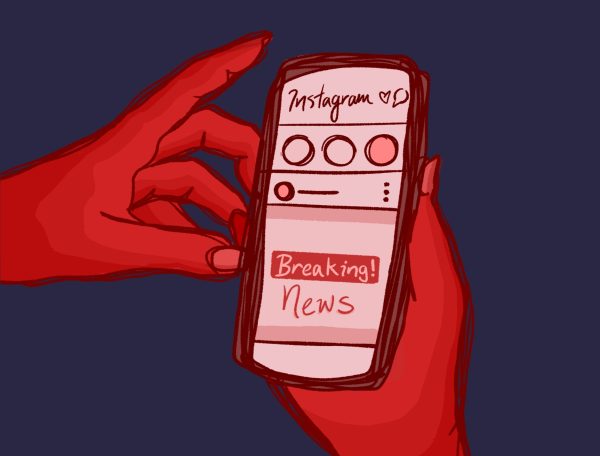
When the video’s content is “Real or Cake?,” I do not ponder too long on whether the cake was truly made by a baker or not. But when the video is news — a depiction of the war in Gaza, for example — I become a bit more concerned.
According to the Pew Research Center, 54% of Americans report they consume at least some news from social media sources. These sources include anything from YouTube and Instagram, all the way to X and Truth Social.
More than half of TikTok users report that they regularly consume news through the app — myself included. This statistic has more than doubled in the last four years, when in 2020, only about 20% of TikTok users used the app for information on current events, according to surveys conducted in 2024 by the Pew Research Center.
During the pandemic and post-pandemic period, TikTok turned from a short-form video app home to viral dances to a place where an alarming proportion of Gen Z users consume their news.
The Reuters Institute reported that traditional media sources have been declining rapidly in the last few years, replaced with the growth of news consumption on social media platforms.
Over half of the people surveyed by the institute “remain concerned about their ability to tell what is true from what is false when it comes to news online,” according to Reuters.
Now more than ever, it is absolutely imperative to be equipped with the skills to tell the difference between real and fake news.
The most common fake news offenses include — but are certainly not limited to — clickbait accounts, internet trolls and online bots, according to a journal article published in 2022 by the National Library of Medicine. All of these types of accounts have a high incentive, monetary or not, to attract users to fake news articles.
In a day and age where more traction on your page means more money in your pocket, a flashy article title can produce real, tangible profit — which is exactly why we need to be careful about the reliability of the news we consume.
Most recently, in the age of AI, anything can be made to look like real news. Even if AI offers citations for its answers, users are too busy to fact-check AI itself, leading to the wildfire-like spread of fake news.
However, I am not here to argue that we need to take down social media news reports or completely stop our reliance on social media for news.
There are some clear benefits to social media as a news source — as long as it’s not the only source — that are commonly brushed over.
Social media can be a great outlet for uncensored news. News was spread almost instantaneously about the shooting of conservative political influencer Charlie Kirk on Sept. 10 through both traditional and nontraditional news channels.
However, while mainstream news outlets were reporting that Kirk remained in “critical condition” for hours after the shooting occurred, social media reports publicized his death far quicker.
The first official word of Kirk’s demise came from none other than President Donald Trump himself — but not through White House reporting. Trump took to Truth Social, his own social media creation, to break the story.
In a world where the president personally reports news through a social media app, there is a clear line demarcating the news of the past and our new era of social media reporting.
Further, social media brings attention to important issues that private news corporations may avoid or be hesitant to report on.
Journalists are being persecuted and killed for their work, such as with the murder of Al Jazeera correspondent Anas al-Sharif. In light of this persecution, citizen journalism can compensate for gaps in information.
When war broke out in Gaza in the wake of the attacks Oct. 7, 2023, the greatest pieces of information showing the reality of the destruction in Palestine came from ordinary people with cellphones and TikTok accounts.
While everyone needs to tap into fact-checked, accredited news sources, there is also plenty of news out there that is well reported on peer-to-peer levels.
Each and every one of us who wants to remain an informed, worldly citizen of the modern era needs to find our own healthy mix of news sources to provide the broadest scope. And maybe make sure to throw a couple of AI-generated cake videos in between, just for fun.

